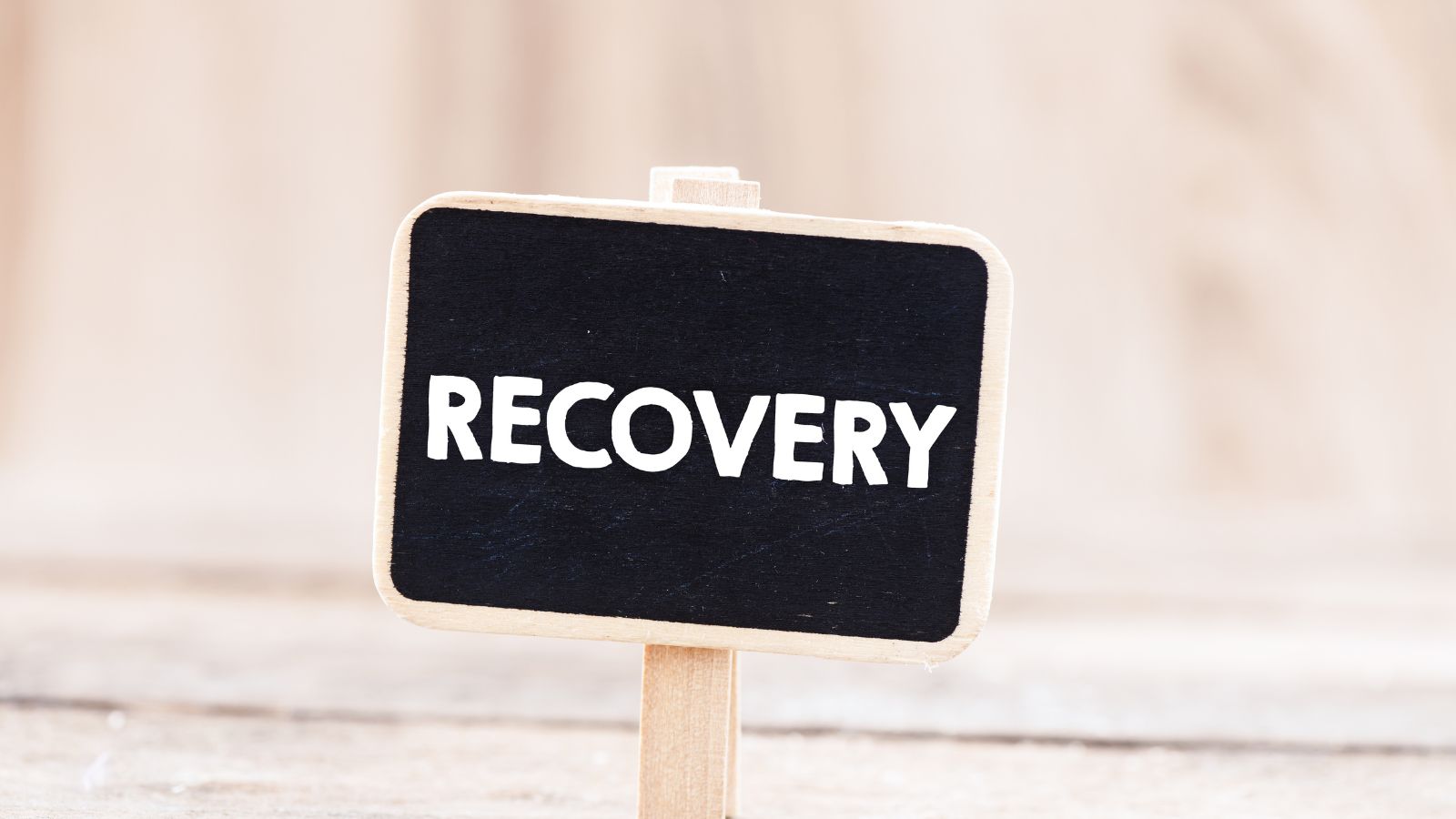Recovery from alcohol addiction is not a solitary mission. It thrives on connection, accountability, and guidance. Countless individuals navigating the 12-step path of Alcoholics Anonymous (AA) rely on sponsorship. Having a sponsor is often a foundational element of achieving long-term sobriety.
The sponsor-sponsee relationship is based on mutual support and shared growth. It is built on honesty, empathy, and accountability. But what does it mean to have a good AA sponsor, and how does this sponsorship model help individuals maintain sobriety?
This post explores the structure and purpose of AA sponsorship, the value of a strong sponsor-sponsee relationship, and how choosing the right AA sponsor can be a powerful force in your recovery journey.
What Is AA Sponsorship?
In Alcoholics Anonymous, a sponsor is a more experienced AA member who offers guidance, encouragement, and accountability to a newer member, known as the sponsee. The AA sponsor’s role is not to act as a therapist or parent. Instead, they share their lived experience with the AA program, provide insight into the 12 steps, and support the sponsee’s journey through the recovery process.
The idea is simple: a person who has walked the path of alcohol addiction and found a way to a sober life through the program is uniquely positioned to help others do the same.
In many cases, the ideal match occurs when the sponsor and sponsee share similar experiences and values. Having the same sex or gender can also help, as it reduces the risk of distractions like sexual attraction or emotional entanglements. Healthy boundaries are also crucial in maintaining a focused and supportive sponsorship relationship.
The Importance of Accountability in Recovery
Addiction thrives in secrecy, shame, and isolation. Accountability, a key principle of the AA program, is the antidote. With a sponsor, individuals are encouraged to be honest about their thoughts, triggers, and setbacks. They are also expected to take ownership of their progress and decisions.
Regular check-ins, such as phone calls, attending AA meetings, or discussing recent challenges, help reinforce accountability. These actions support the commitment to maintain sobriety and build self-awareness. Many AA members report that this structure was a turning point in their recovery process.
A sponsor’s role also includes helping their sponsee understand the 12 steps and integrate the principles into daily life. In AA, sponsorship acts as a powerful tool for emotional regulation, relapse prevention, and spiritual growth.
What Makes a Good AA Sponsor?
Choosing the right sponsor isn’t about perfection; it’s about compatibility, trust, and shared commitment. A good AA sponsor typically:
- Has at least one year of sustained sobriety
- Lives by the principles of Alcoholics Anonymous
- Offers consistent availability and emotional presence
- Avoids judgment and shares their personal views respectfully
- Encourages the sponsee’s journey, rather than dictating it
It’s common for people to change sponsors during their recovery. This often happens as their personal needs and goals evolve. That’s perfectly normal. What matters most is that the sponsor provides a safe, grounded, and honest presence, someone who can offer steady guidance through each phase of the recovery journey.
Building a Healthy Sponsor-Sponsee Relationship
Like any meaningful relationship, the sponsor-sponsee bond depends on communication and clear boundaries. Mutual support is central. The sponsor offers guidance, while the sponsee brings insight, growth, and personal commitment.
Clear agreements help define expectations. For example:
- How often will you check in?
- Will you attend AA meetings together?
- Are there off-limits topics?
Establishing these guidelines early on promotes healthy boundaries, reduces the risk of codependency, and helps prevent emotional burnout.
This relationship is built on a shared purpose: recovery. Sponsors offer their experience, strength, and hope. Their goal is not to control, but to empower the sponsee to make healthy choices and overcome addictive behaviors.
When to Consider a Sponsor
Many newcomers hesitate to ask someone to be their alcoholics anonymous sponsor, often feeling unworthy, intimidated, or unsure of how to approach the process. However, the reality is, most AA members are honored to be asked, and they understand what it’s like to be new.
If you’re in early recovery, here are some signs you may need a sponsor:
- You’re struggling to make sense of the 12 steps
- You feel alone or unmotivated
- You want a sounding board outside of AA meetings
- You’re ready to deepen your commitment to recovery
When evaluating a potential sponsor, consider their consistency, how they talk about their journey, and whether their communication style makes you feel comfortable.
The Broader Role of Sponsors in Addiction Recovery

Alcoholics Anonymous is not a formal treatment program. However, AA sponsorship often works alongside professional addiction treatment to support recovery. Many recovery centers encourage continued participation in AA meetings and sponsor engagement as part of a long-term wellness plan.
For example, those who attend a structured drug rehab in New Jersey often benefit from integrating into the AA community after discharge. This continuum of care includes clinical treatment followed by peer support. Research shows it improves treatment outcomes and reduces relapse rates.
Navigating Challenges in Sponsorship
Like any interpersonal connection, sponsorship can come with challenges. Disagreements, mismatched expectations, or shifts in one’s recovery journey may create friction. It’s okay to reassess the sponsorship relationship and seek a new sponsor if needed.
Some sponsors may share personal views that don’t align with yours. Their availability might also change due to life circumstances. Others may blur boundaries, leading to discomfort or confusion. In such cases, open communication is essential, or in more complex cases, seeking guidance from other members or trusted professionals.
Research and Expert Insights on Sponsorship
Studies suggest that AA sponsorship correlates with better abstinence rates and more engagement in the 12-step model. For instance, the National Institute on Alcohol Abuse and Alcoholism highlights the role of community and accountability in promoting recovery.
Experts emphasize the importance of social connection. Peer-led support, like AA sponsorship, can be just as crucial to long-term sobriety as therapy or medication. Furthermore, reports identified that participants with a sponsor reported abstinence for more extended periods and felt more motivated to stay committed to their sobriety goals.
Final Thoughts
Lasting sobriety takes more than willpower. It requires a strong support system, meaningful connections, and a clear path forward. Sponsorship in Alcoholics Anonymous is one of the most trusted and accessible tools to help people navigate the highs and lows of recovery.
Sponsorship is not about being perfect. It is about showing up, offering guidance, creating space for honesty, and walking alongside someone on the road to sobriety. Whether you are seeking a sponsor or thinking about becoming one, this relationship can be both grounding and life-changing.
If you are exploring recovery, attending AA meetings, or looking for support, take that step. Ask questions. Be open. The right sponsor can listen, guide, and support you in a way that makes a real difference in your ability to stay sober and reclaim your life.
